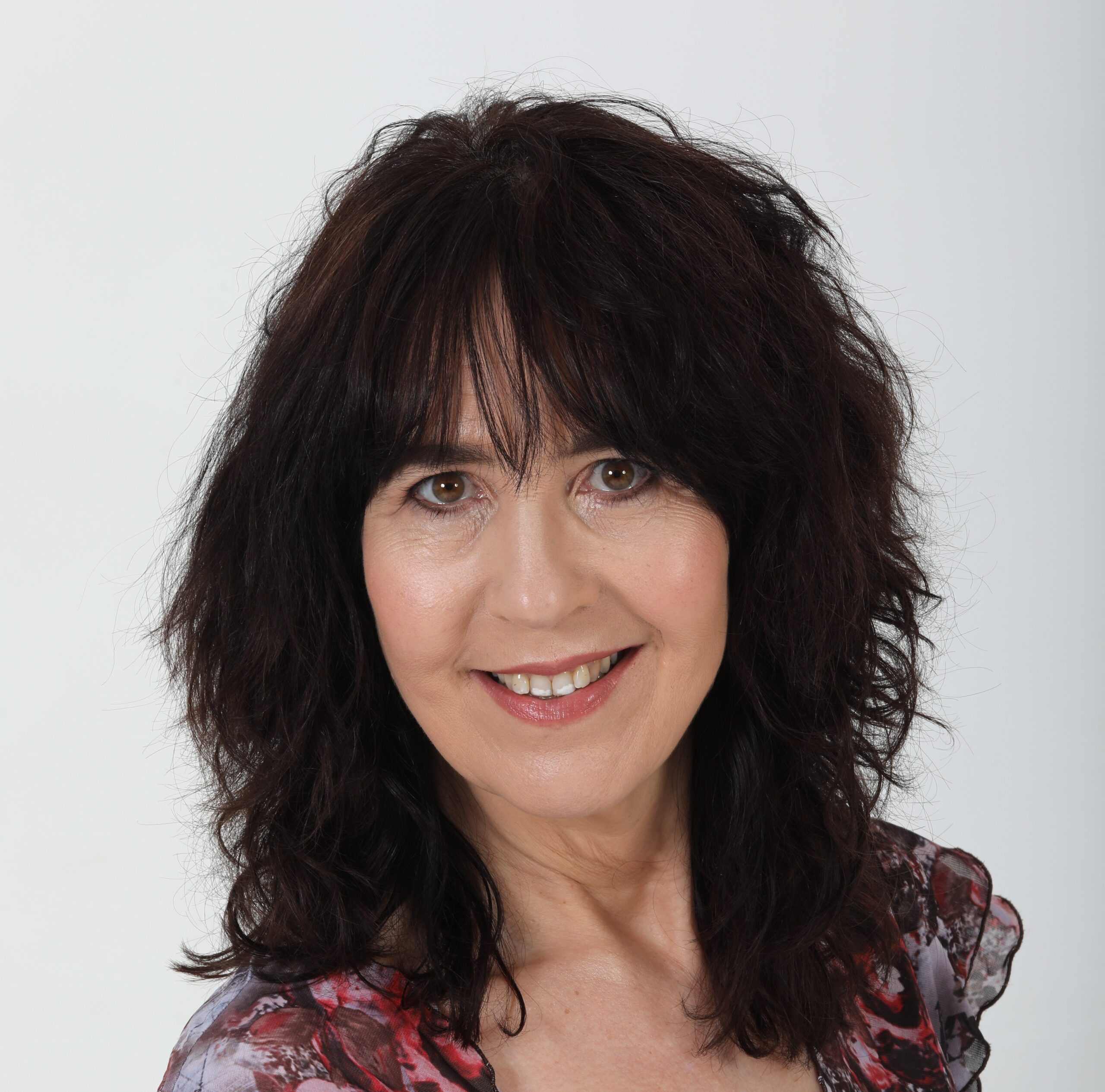
The Jewish Report Editorial

Fear of not knowing
When you read about the anguish of a family whose brother or loved one has disappeared, you can’t help but feel their pain as well as be grateful for your own blessings. Such is my sense when I read our page 1 lead, wondering what happened to this man.
People we know in South Africa rarely disappear, for which we can only be thankful. That’s not to say that there aren’t kidnappings or that human trafficking doesn’t occur. It does, and as we’re well aware from a recent story we ran, there are South Africans very much involved in this horrific trade. And there are many South Africans – even children – who disappear all the time.
However, it’s seldom something we’re faced with as a community or have to deal with on a personal level, bli ayin harah (without the evil eye). So, when we do hear of someone within our community who disappears, it really hits home.
This week, as we see the messages all over social media asking for people to help search for Robert Schroder, it has been 321 days since the 7 October massacre. That means more than 45 weeks since 251 men, women, and children in Israel were violently kidnapped and taken across the border where they were held hostage.
Of those, 116 hostages have been returned alive to Israel, seven of whom were rescued by the Israel Defense Forces (IDF). Some we know have died.
However, to date, 109 Israeli hostages – included the two Bibas toddlers – are still being held in Gaza. We’re coming up to a year in which they have been incarcerated in the worst possible conditions. Nobody knows how they are, how they are being kept, and, in most cases, there’s no proof of life, just hope.
Now, I know we can’t compare the situation of a South African man disappearing to that of Israeli hostages being held in a war zone. But it’s obviously easier for us to understand one person missing, than more than 100.
Bear in mind that for each hostage, there’s an entire family, circle of friends, and community, who are desperate for that person to come home. Consider that each one of those people have loved ones who cannot sleep for fear of what’s happening to them.
Each one has a mother, son, daughter, sister, brother, husband, or wife, who cannot continue with their lives because everything came to a halt on 7 October when that person disappeared into Gaza.
Imagine not knowing when the last time was that your child had something nutritious to eat. Imagine not knowing if he or she is getting any food. It’s hard even to consider how it must be, knowing that they are in the hands of people who hate them because they are Yehud (Jews in Arabic). Imagine not knowing whether he or she is alive or dead? There are so many unknowns in this hostage situation. There’s so much devastation, fear, and anger.
Earlier this week, the IDF announced that in an overnight operation in Khan Younis in southern Gaza, it had recovered and then brought home the bodies of six hostages, all of whom were kidnapped alive on 7 October. They were Avraham Munder; Alex Dancyg; Chaim Peri; Yagev Buchshtab; Yoram Metzger; and Nadav Popplewell. See story on page 3.
Popplewell has a South African connection. His mother, Channah Peri, was taken hostage with him on 7 October, but released in November 2023. His older brother was murdered on 7 October.
Their mother has spent all this time waiting for his return. In June, the IDF maintained that he was no longer alive, but I can imagine that Peri still held out some hope that they could be wrong. That is, until this week, when his body was brought home for burial.
As for the other five, it feels important for me to name them all because they aren’t just numbers. They, too, have loved ones and entire communities who have been left devastated this week by the news that they were indeed murdered by their captors in Gaza.
Every week, the families and their loved ones take to the streets or Hostage Square in Tel Aviv to call on the government to make a plan, sign an agreement, and do what it takes to bring their loved ones home. For more than 10 months, this has been going on.
Many are angry with the Israeli government, saying that if it had made a deal earlier, their loved ones would be home and alive.
Right now, we wait for news about the negotiations in Doha, Qatar, over the latest proposal for a hostage-ceasefire deal with Hamas. Initially, there was much optimism, but then Hamas rejected the offer. It’s not over yet, and here’s hoping it leads to some kind of agreement that will ensure the rest of the hostages are returned home.
I can only imagine the frustration of the families knowing that horse trading is happening across a table that involves the lives of their loved ones.
The problem is that once that agreement is signed, there’s no going back. And though I believe the Israeli government will do anything it can to bring the hostages home, it won’t and can’t put the Jewish state in a position that makes it vulnerable to terrorists.
There’s much to debate about this, and boy, does our community love a good debate! We’re a community that loves to learn, challenge each other, and grow our knowledge base, and that leads to great discussion.
And this weekend is, for so many of us, one we look forward to all year round for this very reason. Limmud in Johannesburg is where so many of us gather to hear phenomenal speakers talk on almost any subject we can relate to. What a joy!
I have to say, I’m so looking forward to being there, and I know I’m not alone. I want to hear what the experts have to say about what’s going on in Israel. I want to know how I can improve on my Yiddishkeit in my own way, gleaning from experts. Looking at the weekend’s schedule, I know once again I’ll be spoilt for choice. In fact, that’s the only part of Limmud I find frustrating. Wanting to go to two or three talks that happen at the same time, and having to choose. Oy, may we all be blessed with such challenges!
I look forward to seeing you there.
Shabbat Shalom!
Peta Krost
Editor










